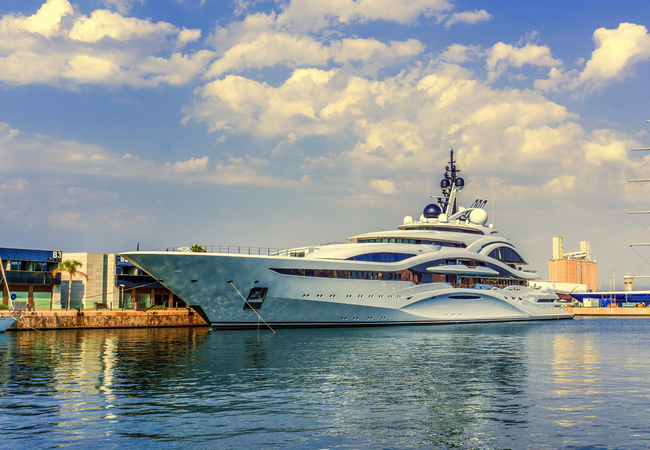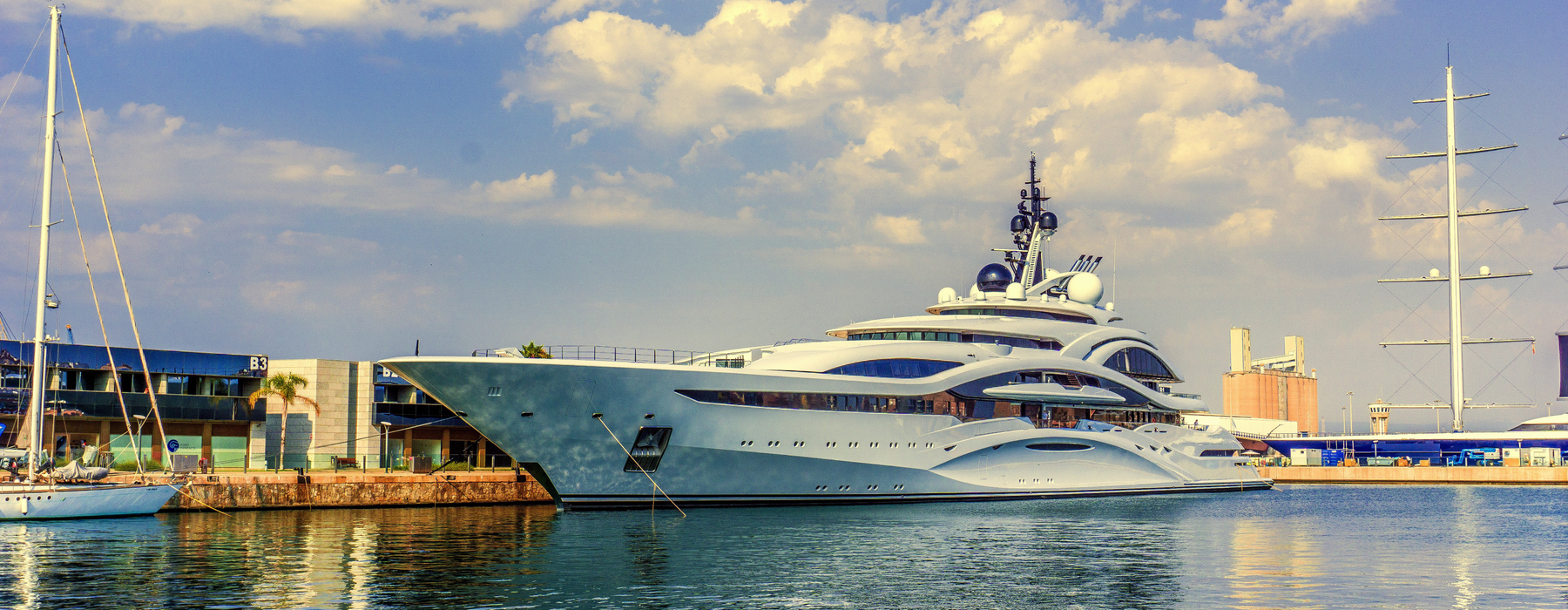

The impact of superyacht and private jet emissions
The superyacht and private jet emissions of the super-rich are worsening the climate crisis.
The global working class, who have the lowest emissions, face the worst of this crisis.
Let’s look at the human and environmental cost of polluting superyachts and private jets and how to address their weighty impact.
How are private jet emissions damaging the environment?

Tax private jets and superyachts
Fight climate inequality - call for fair taxes for the most polluting luxury travel

Why we need higher taxes on private jets and superyachts
Fasten your seatbelts – it's time to land higher taxes on private jets and superyachts. Here’s why...

Climate action
The climate crisis isn't in the future, it's here now. Polluters must pay for the damage they've caused. So all of us can thrive.